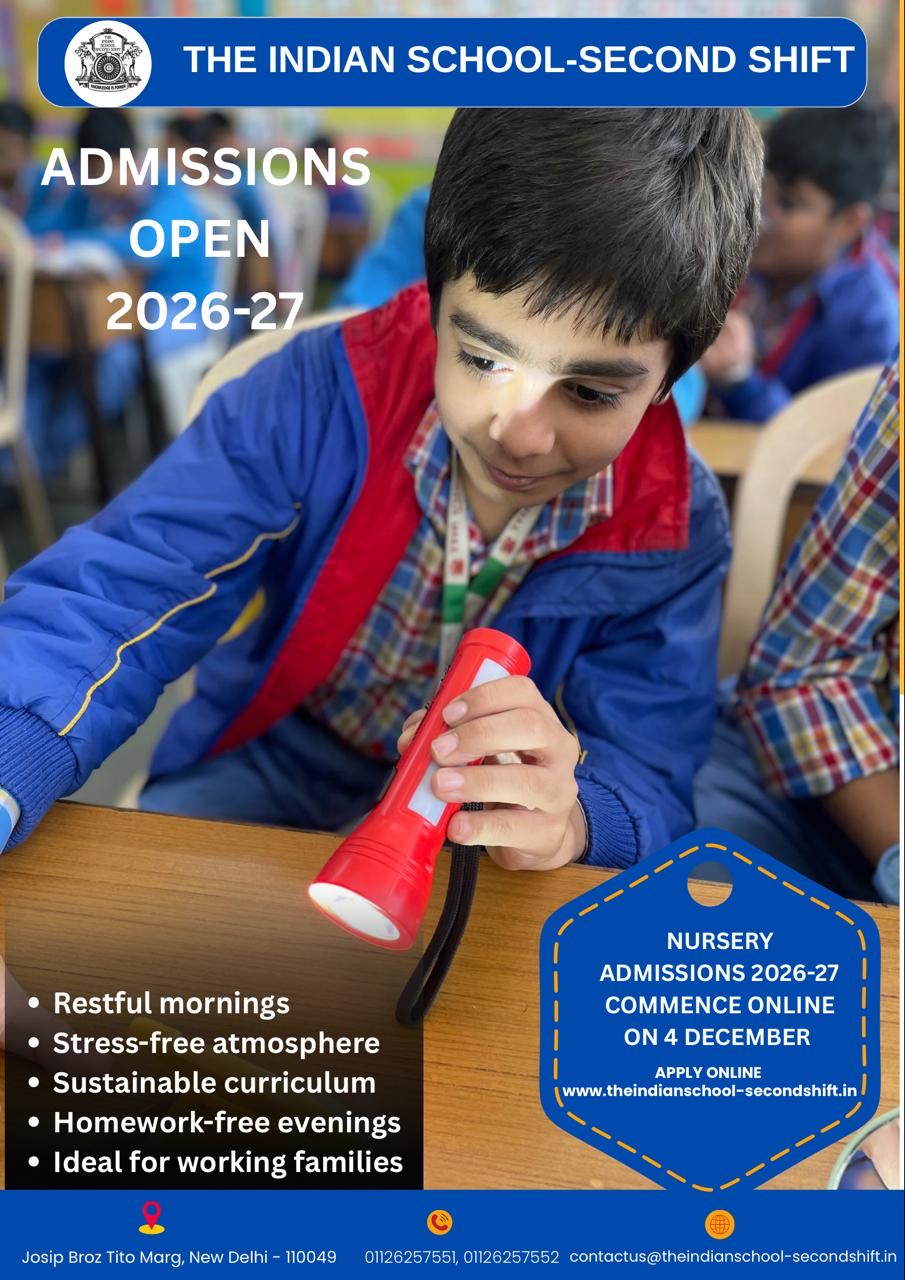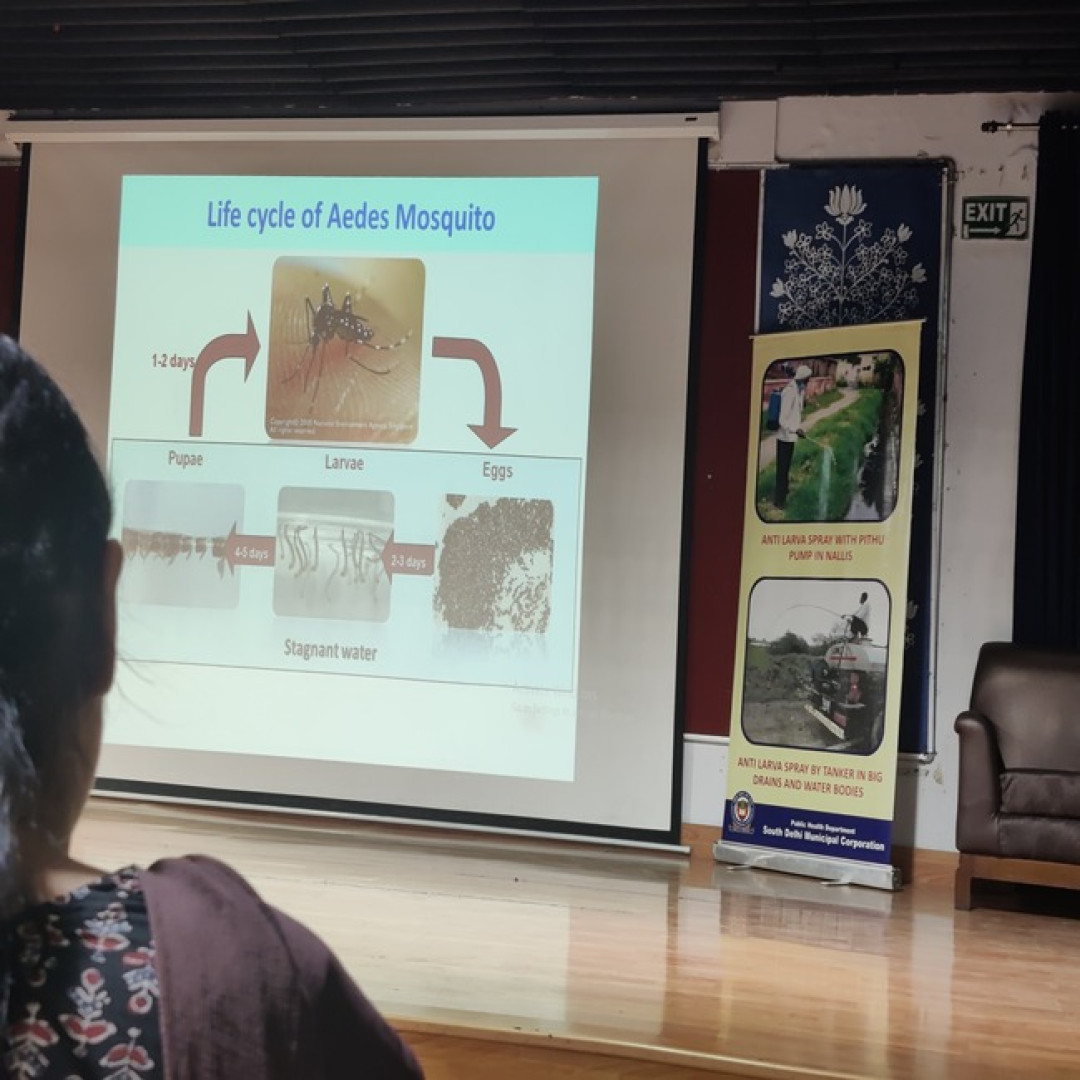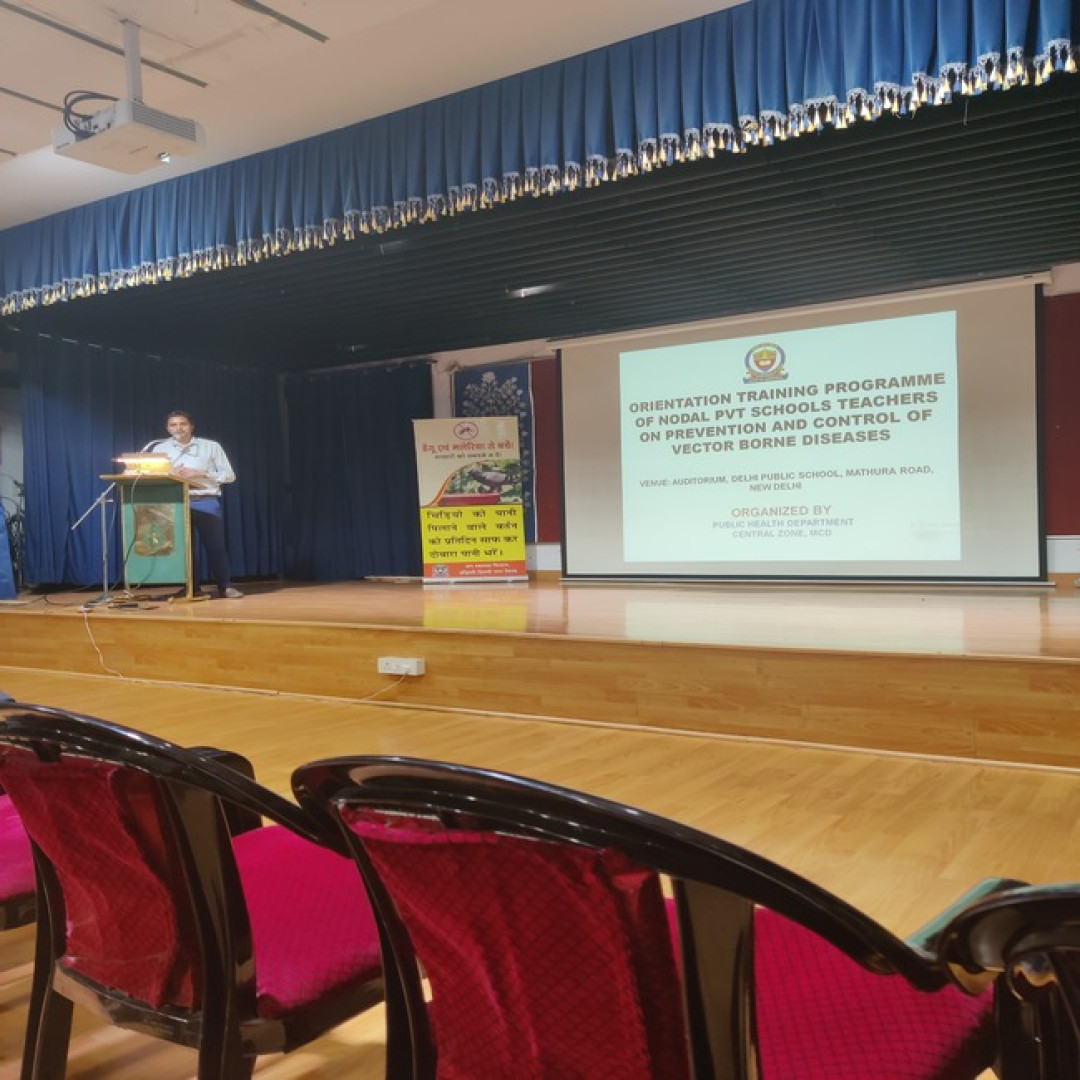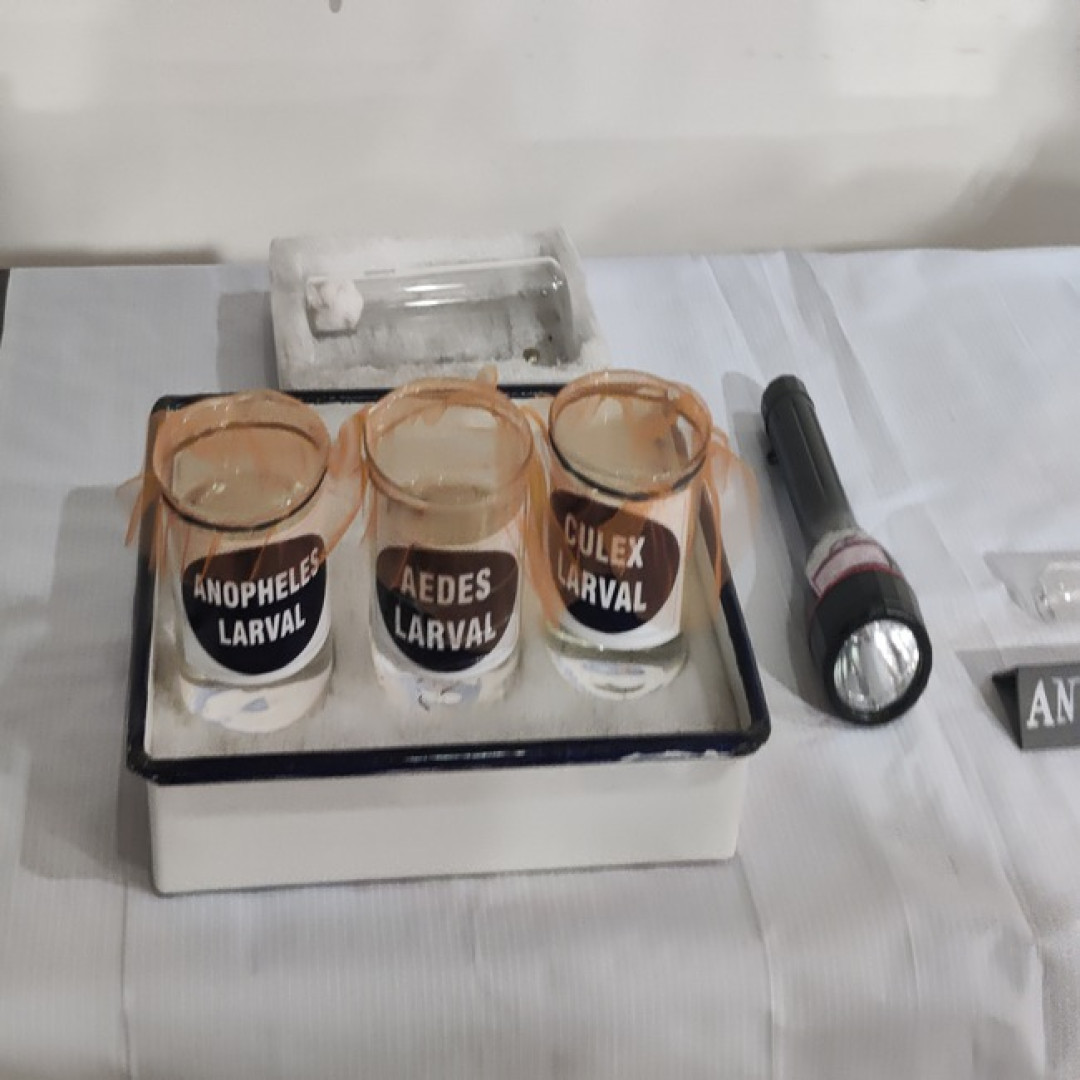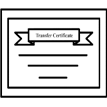MCD Teacher Orientation Programme for the Prevention and Control of Vector-Borne Diseases
An Orientation Training Programme on the Prevention of Vector Borne Diseases, was organised by the Municipal Corporation of Delhi, on 10 September 2024. Ms Tincy Kaur, teacher at The Indian School-Second Shift attended the workshop. Around 30 teachers across the Delhi region participated in the workshop.
The objective of the workshop was to equip teachers of private and MCD schools with the necessary knowledge and skills to prevent and control vector-borne diseases within the school environment.
Dr Prithvi, eminent doctor at AIIMS, welcomed the participants and emphasised the importance of proactive measures in the control of vector-borne diseases. He shared that the Aedes mosquito that breeds in domestic, peri-domestic and school premises causes Dengue and Chikungunya.
He alerted the teachers on the various types of vector-borne diseases prevalent in the region and discussed the measures that need to be implemented to curb it. He empowered teachers to identify and respond to potential outbreaks through various examples.
Dr Naveen Rai Tuli, DHO of Central Zone shared that vector-borne diseases, such as dengue, malaria, and chikungunya, pose a significant public health risk, particularly in densely populated areas. In schools, student gatherings require specific attention to mitigate the risks associated with these diseases.
The session covered the symptoms associated with vector-borne diseases and modes of their transmission. Dr Tuli also showcased the life cycle of the mosquito through the live demonstration of larvae formation in test tubes and their growth over the period.
The resource personnel discussed various preventive measures that should be adopted in school settings, including maintaining cleanliness, eliminating stagnant water sources, and ensuring proper waste disposal.
Later, Dr Tuli discussed the importance of regular inspection and monitoring for potential breeding sites within school premises, to avoid the outbreak of the disease. He emphasised on a regular check of overhead tanks, rainwater harvesting underground tanks, indoor plants and vases.
The teachers were trained on their roles as first responders in case of any suspected vector-borne disease among students. Guidelines were also provided on how to educate students about personal protection measures, such as using mosquito repellents and wearing long-sleeved clothing especially in the months of September and October.
 He also encouraged teachers to create awareness programmes for students and parents in order to mitigate the dengue, malaria in their neighbourhood.
He also encouraged teachers to create awareness programmes for students and parents in order to mitigate the dengue, malaria in their neighbourhood.
Overall, the session was an enriching and enlightening experience for all the teachers and offered a great opportunity to learn as well as to create awareness among students to keep their surroundings clean to a safer and healthier school environment.

